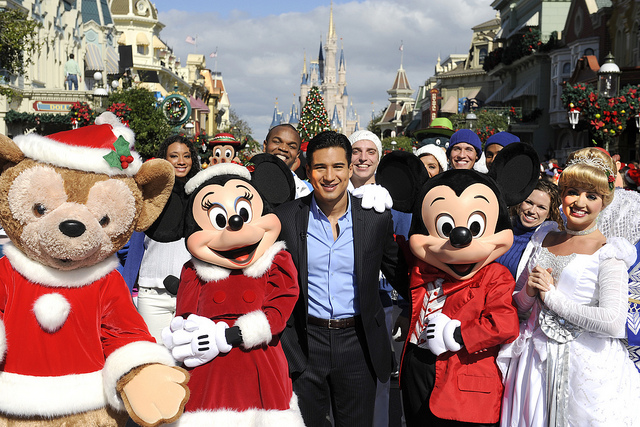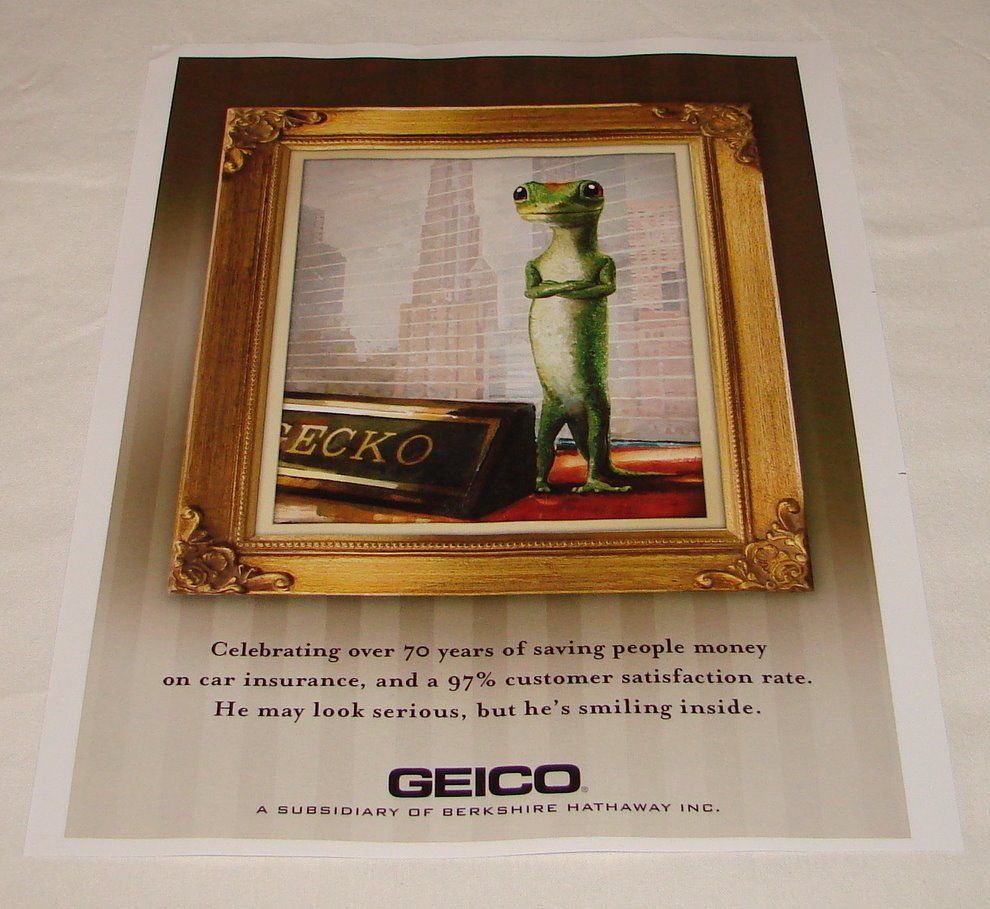Even as children in kindergarten, we are taught to be original, creative, and never, ever copy somebody else’s work. This is a great policy to have when you are 3 years old and every doodle you scrawl is considered a work of art by your adoring parents and teachers. Once you add a few decades to your life, originality becomes tougher.
At a fundamental level, we all have pretty similar needs, problems, and aspirations. There’s a good chance that the brilliant idea that you woke up with yesterday was already thought up by someone else last year. Or five years ago.
So if you can’t innovate, how do you succeed? Especially in business?
Often, success can come by doing the same thing someone else did, but only doing it better.
Henry Ford did not invent the motor car, but took the existing automobile and did a great job of mass producing it. Steve Jobs did not invent touch screen phones. He took an existing idea and made a much better phone with it – the iPhone. Hear it from the man himself:
So, the bottom line is, copying good ideas from someone else is OK. It allows you to stand on the shoulders of giants, gives you a head start on your business idea, and lets you focus your energies on how you can be better than your competition.
What Can You Copy from Successful Brands?
Let me clarify this once and for all. I am NOT recommending a copy-paste of what we see successful brands doing around us. Imitation may be the best form of praise, but that doesn’t hold true for success.
While copying a product, service or intellectual property can get you sued and land you in big trouble, what you can learn from successful brands is
-
how they achieved their success
-
how you can adapt their ideas to your business model
Let’s take a look at some inspiring brands who lead the rest by example.
Dove’s “Real Beauty” Sketches
Probably the most viral advertisement of 2013, Dove hit a raw nerve with this three minute long video featuring real women and their hidden insecurities. Their astoundingly keen insight into human nature and how we unconsciously make ourselves feel terrible about the way we look, won Dove the Titanium Grand Prix at the Cannes Lions festival and garnered over 64 million views on YouTube.
Learning
Understand, no; TRULY UNDERSTAND your customers. Get your pulse on what their insecurities are, what makes them tick, what they really need and apply this in your marketing. It’s only when you speak the language of your customers that they will trust your brand and advocate it.
Employees That Create Satisfied Customers, The Disney Way
Disney and its theme parks are legendary for their marketing chops. Every tiny aspect of the Magic Kingdom and the other Disney Parks helps to create a completely happy customer experience. However, when one visits the Magic Kingdom, there’s one thing that sticks in a child’s mind more than the rides and the candy floss – the Disney characters who come to life in front of their eyes!
Every employee that plays a Disney character makes it their mission in life to pamper guests. They smile at each and every guest (actually, they are NOT ALLOWED to frown while in costume!), pose for pictures and play with the little ones and never give “I don’t know” for an answer when asked for directions or help with something.

**Learning **
Your sales team plays a vital role in how customers view your brand. Every Disney Parks employee's customer focused-ness helps sets the Disney experience above any other theme park in the world.
Inspire your employees to put in a similar level of dedication towards your customers. It will immediately get noticed and will give your brand a leg up over competition, without outspending them using marketing dollars.
Geico’s Gecko, a Memorable Mascot
General insurance giant Geico played on its brand name to conjure a brand ambassador that would resonate with the brand and would be remembered by their audience equally well. Geico’s cute animated Gecko offers tremendous brand recall and makes any Geico commercial stand out from the clutter of much more expensive, more elaborate commercials carried by competitors.
Learning
A memorable brand mascot, used smartly in your advertising and your marketing collateral makes your brand instantly recognizable through the clutter of competition. Creating a suitable mascot does not cost much and has the added benefit of lending a distinct personality to your brand that no amount of discounts or coupons can manage.
Samsung's Oscar Selfie
One of the most viral pictures of the year was the selfie that Ellen DeGeneres clicked at this year’s Oscar ceremony with a ‘galaxy’ of Hollywood stars posing enthusiastically for it. People loved her candidness and how she made Hollywood royalty feel like you and me with something as personal as a selfie. The best part of the story was that the selfie was clicked on a Samsung Galaxy Note 3 and the brand got unprecedented screen space and mentions around the world, thanks to social media.
@TheEllenShow Oscar® Selfie: A wider view. #thesimpsons pic.twitter.com/4rOSejhycW— The Simpsons (@TheSimpsons) March 5, 2014
Learning
Advertising is not the answer to all your marketing problems. Explore other aspects of marketing like PR by doing something so outrageous that your brand is automatically the center of attention. It doesn’t have to involve a bunch of Hollywood A-listers, but a publicity stunt that is relevant to your audience and fits with your brand message is a great way of putting your brand on the map at very little cost.
Look Around You
It’s great to innovate, but sometimes waiting for that one bright idea can mean your brand misses the bus entirely.
Look around you. Check out things that other brands are doing really well that make customers keep coming back for more and see how you can apply them to your business more effectively. After all, Steve Jobs himself admitted, “We have always been shameless about stealing great ideas!”
Your Turn: Have you ever adapted a big brand's strategy and used it for your small biz? Do you think it's good to emulate large companies?



